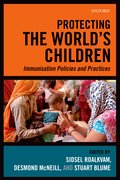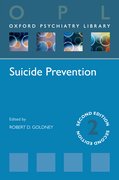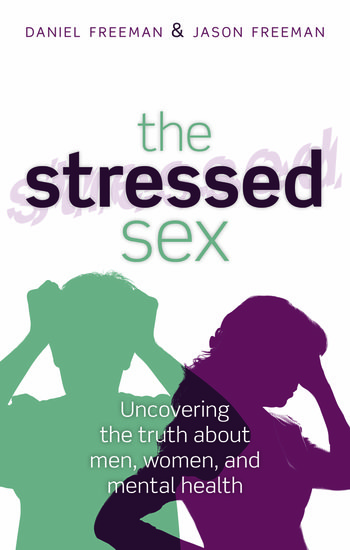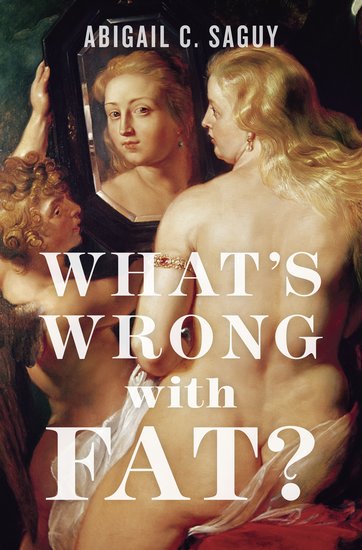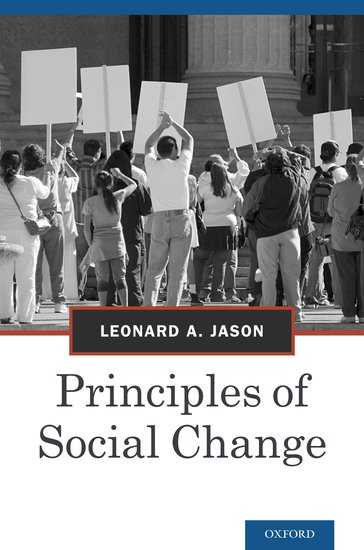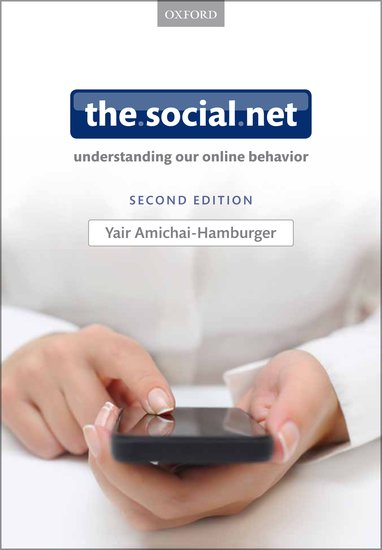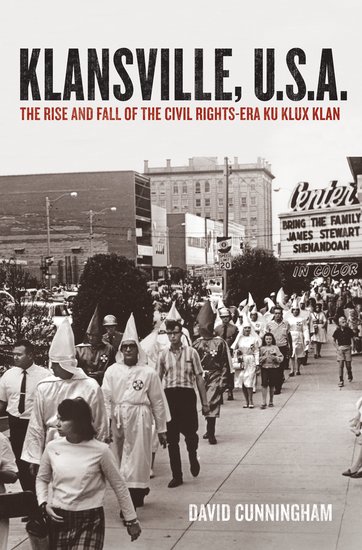The strengths and limitations of global immunization programmes
By Desmond McNeill
Modern vaccines are among the most powerful tools available to public health. They have saved millions of lives, protected millions more against the ravages of crippling and debilitating disease, and have the capacity to save many more. But like all complex and sophisticated tools, they can be used for different purposes, in different ways, and with various consequences.

